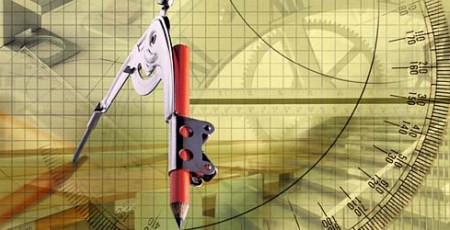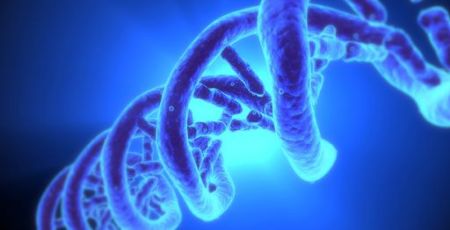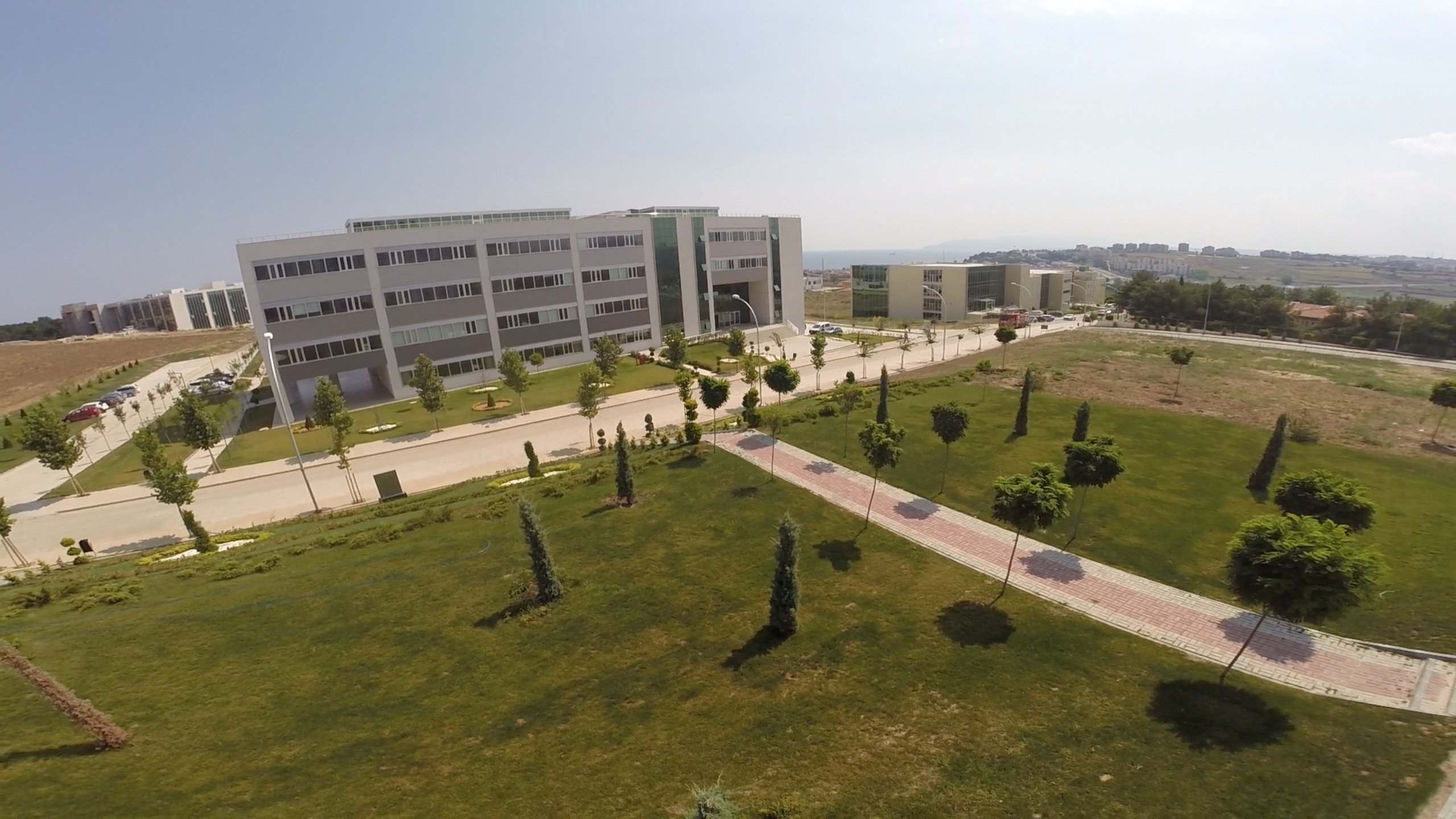











Department of Mathematics
In today's rapid growth of knowledge, higher level specialized manpower is needed in various professional areas and teacher training programs. When the issue of the academic staff needed for the newly opened universities in our country is added to this situation, the need for the number of staffs having a Master's and Ph.D. degree is increasing. Therefore, in our country, there is a need for Master's and Ph.D. degree graduates in theoretical and applied mathematics. For these reasons, our graduate programs aim to eliminate academic inadequacies in the field of mathematics in our country and to contribute to our country’s ability in national and international scientific activities. In addition, our graduate programs provide an opportunity for self-improvement in their field of specialization for other professionals who want to increase their knowledge and skills in mathematics. In this way, our graduate program aims to contribute to the development of the manpower needed by our country at the graduate level as well as helps to solve the educational problems through scientific methods with these highly qualified people.
With the appropriate permissions from the General Assembly of Higher Education, our Master's and Ph.D. programs were opened in the fall semesters of 2009-2010 and 2015-2016 academic years, respectively. The selection of the students to be accepted to the graduate programs and the principles of education-training are carried out according to the Graduate Education-Training Regulations of the Council of Higher Education and the Tekirdağ Namik Kemal University Graduate Education-Training and Examination Regulations published in the Official Gazette No. 30022 on March 29, 2017.
Our graduate programs have been prepared by taking into consideration complementary and enriching courses that allow students interested in the different areas of mathematics to develop their skills related to these areas. Our Department is specialized in the following areas of mathematics: (1) Geometry including mono systems for manifolds and surfaces theory, fixed angle surfaces in Minkowski 3-space, geometric properties of dense surfaces, surfaces providing the average curvature type equations and hypersurfaces; (2) Analysis and Function Theory including Integral representation and applications of variable functions in Sobolev and Besov spaces, mathematical modeling in ion electron technology problems, linear operators on sequential vector spaces, complex analysis and operator theory in harmonic function spaces; (3) Algebra including lattice theory, generalized algebraic structures, coding theory, cryptography, finite geometries, design theory, combinatorics, number theory; (4) Applied Mathematics including mathematics of artificial neural networks, numerical and analytical solutions of models in science and engineering, spectral theory of differential operators, theory of analytical numbers, fractional analysis, fractional differential equations; (5) Topology including topological K-Theory, representation of symmetric groups and Lattice groups; and, (6) Mathematics Education.
Scientific article and book reviews, writing papers in areas mentioned above, providing opportunities for students to teach in a real class atmosphere, and presenting publications that will contribute to the national and international literature in the field of mathematics are some of the benefits which our graduate programs provide.
Our graduate classrooms, written and electronic resources in the library, other facilities with electronic and communication infrastructure are sufficient to pursue Master and Ph.D. programs in mathematics.